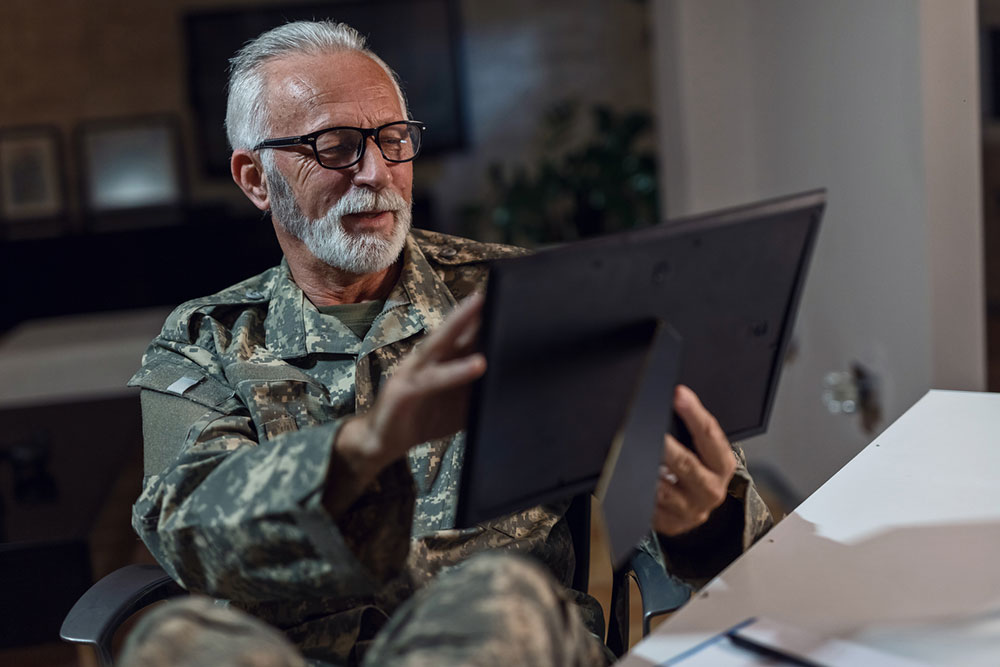6 lesser-known benefits for veterans

Veterans are distinguished individuals who have previously served in the military, naval, or air services. Consequently, they have earned a range of benefits to support them in leading civilian lives. These benefits could come in handy in the long run by helping with finances. However, not everyone may be aware of the available benefits that they are entitled to receive, thereby missing out on essential support. So, here are a few lesser-known veteran benefits:
1. Life insurance
Securing life insurance is an essential step that assures financial stability for loved ones. Veterans can get life insurance from the Department of Veteran Affairs or VA. A few options include the Servicemembers’ Group Life Insurance (SGLI), Veterans Group Life Insurance (VGLI), and Family Servicemembers’ Group Life Insurance (FSGLI).
2. Mortgage assistance
Veterans can avail of the VA’s Home Loan Guaranty Benefit. Although provided by private lenders, the VA guarantees a portion of the loan, which allows lenders to offer veterans more favorable terms for the loan. This benefit can be reused for purchases of primary residences and even for refinancing existing home loans.
3. Free tax preparation
As a veteran, one has access to certain resources that could simplify the tax preparation process and help them maximize their returns free of charge. The Volunteer Income Tax Assistance (VITA) program is an IRS initiative that offers free tax help to eligible people, which often includes veterans.
4. Educational assistance
Veterans can get education assistance under the Post-9/11 GI Bill, which covers more than just traditional four-year degree programs. The coverage extends to vocational and technical training programs, apprenticeships, flight training, correspondence training, and entrepreneurship training to help veterans find jobs.
5. Long-term care
Veterans are eligible for long-term care benefits from the VA. Those who qualify may receive perks such as adult day health care, home health care, respite care, hospice care, and nursing home care. The benefits usually extend to both the veterans and their families.
6. Caregiver support
Some veterans may require care due to service-connected injuries, illnesses, or aging. The VA’s Caregiver Support Program offers resources, including access to a Caregiver Support Coordinator (CSC)—a licensed professional who can connect caregivers with a range of services to help them offer the best care for a veteran.



